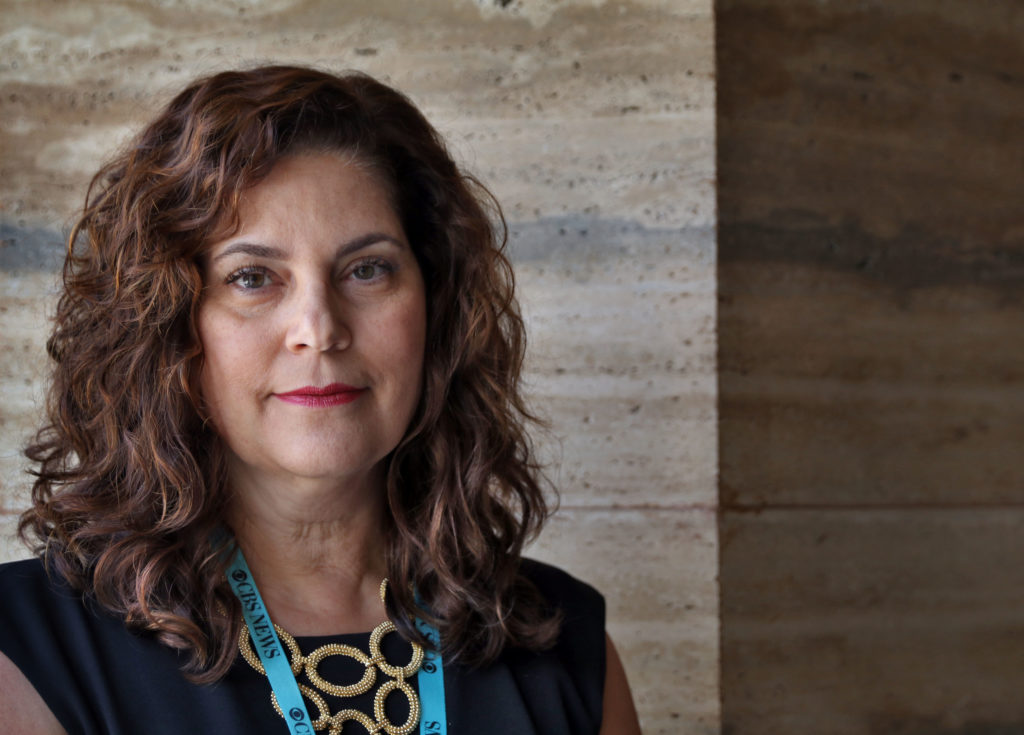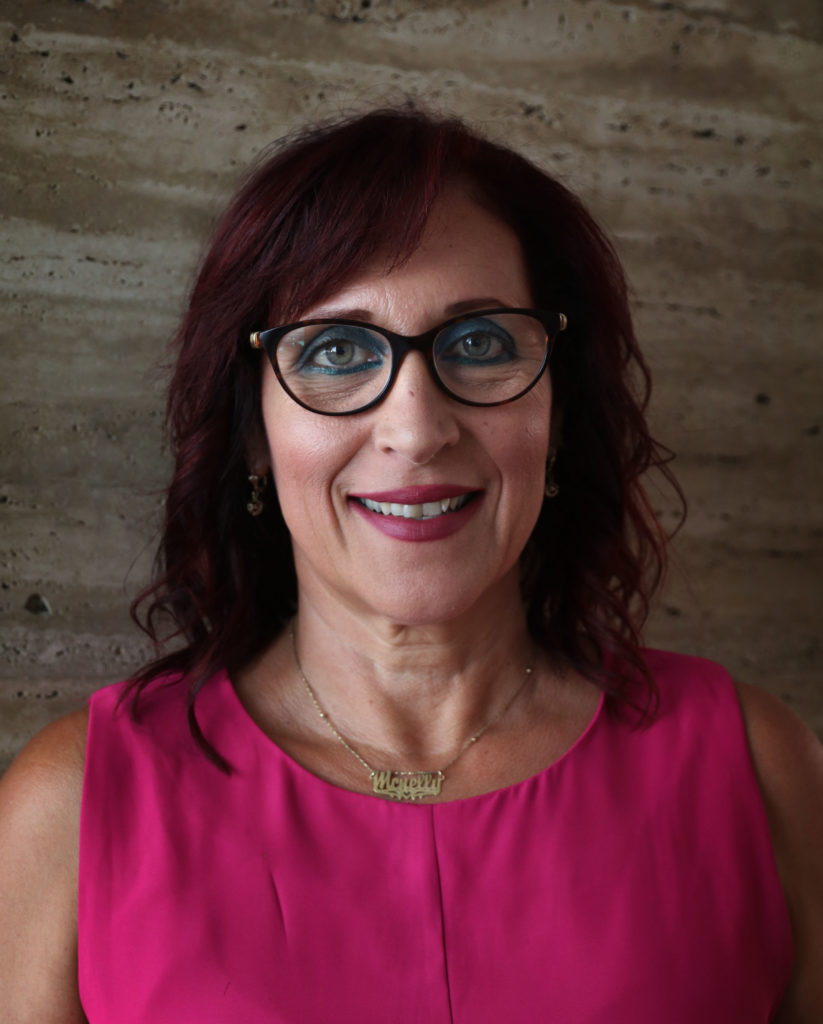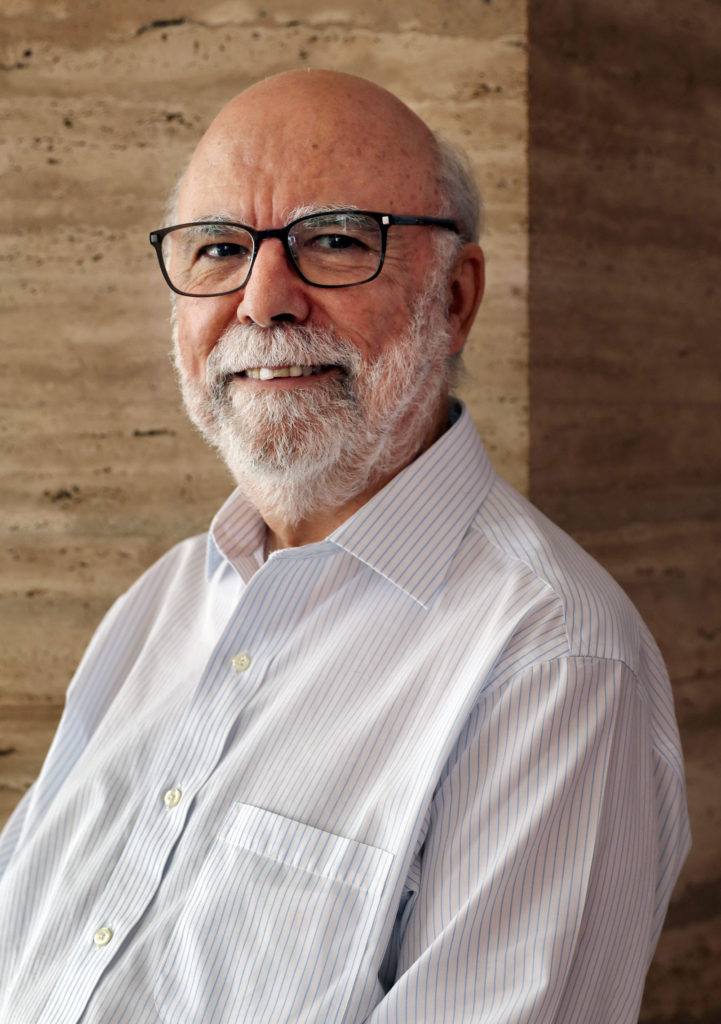NAHJ 2018 Hall of Fame inductees represent pioneers, innovators, diversity advocates
Since 2000, NAHJ has honored pioneers and newsroom leaders who have opened paths for other Latino journalists through its Hall of Fame induction. This year, the Hall of Fame class includes the daughter of Cuban immigrants, a Latina investigative journalist, a Brazilian journalism professor in Texas and a former Peace Corps participant who rose to the ranks of publisher. The four will join 60 other inductees when they are honored Saturday night at the 2018 gala.
They have not only inspired but revolutionized the industry with ideas, journalistic values and great commitment to the advancement of the craft in a digital era. Diversity is on the agenda, and these four leaders have created opportunities for other Latino journalists.
Here are this year’s inductees:

Aminda Marqués Gonzalez
Executive Editor and Vice President for News at Miami Herald
Aminda Marqués uses creativity and strategic thinking to help lead the Miami Herald in a tumultuous time in the news industry. That approach helps maintain the legacy media organization’s reputation of first-rate journalism.
Marqués is proud of leading the newsroom in the city where she grew up, and has upheld the mission of expanding the number of Latinos in the newsrooms. With Miami at the forefront of demographic changes, Marqués makes it a priority to hire and have diverse candidates.
“We need people to cover the community who understand the community, who represent the community,” says Marqués.
Born in New York and raised by Cuban immigrant parents in Miami, Marqués grew up with the desire to work in the Miami Herald, where she started as an intern and ascended to become the first Hispanic editor.
“Every morning when I wake up I don’t think I am the ‘Hispanic’ editor for the Miami Herald,” she says. “I think I am the editor.”

McNelly Torres
Emmy award-winning journalist
McNelly Torres, co-founder of the Florida Center for Investigative Reporting, believes that in the future of broadcast and journalism Latinos have to be the ones shaping the nation.
“The media has to recognize that there has to be more efforts to hire journalists of color,” says Torres, “We need people of color in management because they are the ones who have the hiring power.”
As an investigative reporter, Torres trains journalists in the U.S., Latin America and the Caribbean. She wants to empower Latino journalists to cover stories they might not normally think of covering: hard news, crime, investigative stories.
“I’m just giving back for the people that helped me,” she says. “Supported me, mentored me, then I’m just giving…giving.”

Rosental Alves
The Knight Center/ University of Texas in Austin
The concept of including Latinos in newsrooms is not new to Rosental Alves, it simply has always been.
“There are many setbacks, but also I see a lot of progress in America,” he says. “We have diversity as a way of strengthening cultures and getting a better world.”
Not only did he create the Knight Center for Journalism in the Americas, but he also worked as a field reporter, foreign correspondent, editor, and is currently a journalism professor at the University of Texas-Austin.
Alves is a pioneer in massive online courses, often known as MOOCs, in journalism, which provide learning opportunities to everyone. In 2003, Alves worked with the Knight Center to created a free online program based at the UT School of Journalism. In the past 15 years, the program has reached 140,000 people all over the world.
Alberto Ibargüen
President and CEO of the John S. and James L. Knight Foundation
Alberto Ibargüen is not only a South Florida leader, but is also known for not forgetting his roots.
Ibargüen, son of o a Puerto Rican mother and Cuban father, is recognized for supporting the coverage of diverse communities.
After college, Ibargüen spent six years in Venezuela and Colombia with the Peace Corps. He was an executive with the Hartford Courant and Newsday before becoming publisher of the Miami Herald and El Nuevo Herald.
In 2005, he became the CEO and president of the Knight Foundation.
Ibargüen anticipated the transition from print to digital and pushed for newsroom innovation.
“He was very early in understanding the impact that technology was going to have on media,” his brother told the Philadelphia Inquirer last year.
Ibargüen is out of the country and was not available for an interview.
Email: latinoreporterofficial@gmail.com
Twitter: @carmenNoticias